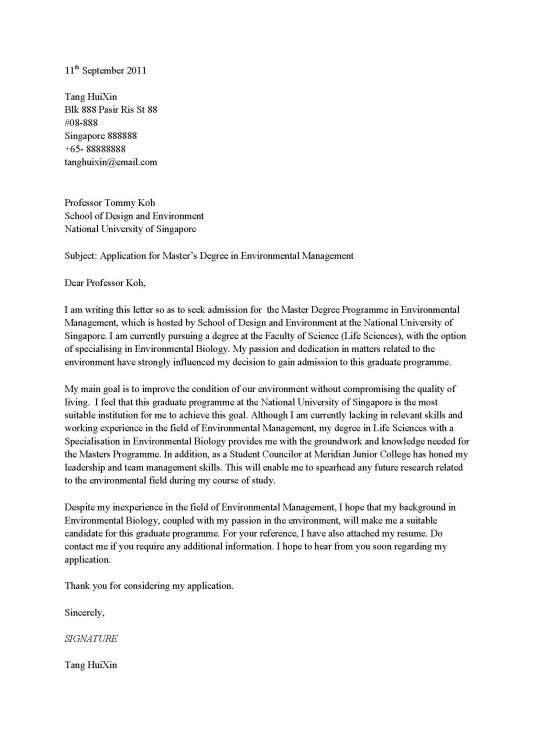Wow, i’m definitely recommending this module to my other science friends/juniors for the upcoming semesters. I can see and feel the positive effects of this module already.
Klara (also from Group 8 :D) posted on the Facebook group wall a few days back, saying that she had went for an interview for a job/internship(?) at Duke-NUS and it went extremely well! In fact, she was hired on the spot 😀 CONGRATS KLARA XD
Inspired by her and her story, I too decided to apply for an internship position at a new start-up company which happened to be calling for interns as well. The intern position was something which I was interested in, so that was another factor which encouraged me to apply. Remembering what I had learnt in ES2007S, I applied whatever I could, the only difference was the ‘cover letter’ was the ’email-letter’, since the company wanted applicants to convince them ‘why would you would be the ideal person for hire’. Of course, I had attached my resume for good measure and wrote the email as if it was the cover letter.
I was pleasantly surprised that the company reverted back to me in less than 12 hours, with a reply to invite me for an interview for the internship position 🙂 As this job had been posted up where many NUS students could see this advertisement (more than 2600 people viewed the post), I thought my chances of being called up for an interview were at best, slim, since many people probably applied for the same intern post. (even if 5% of 2600 people applied, that would 130 people :O )
Since the next step would be the interview, its time for ‘preparing and performing’ XD I am totally excited and looking forward to applying my new-found interview skills during this interview. Its not 100% guaranteed that I would be hired, but it is indeed a good step forward and a chance to practice what we have learnt 😀
*but really i should be focusing on exams instead for now XD*
